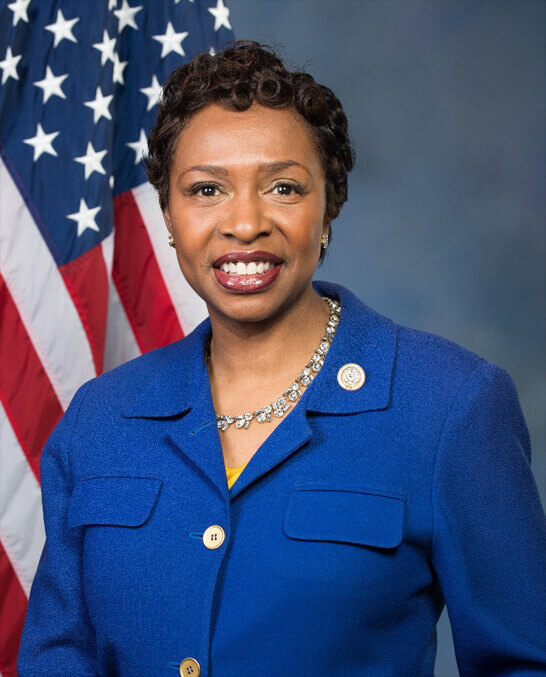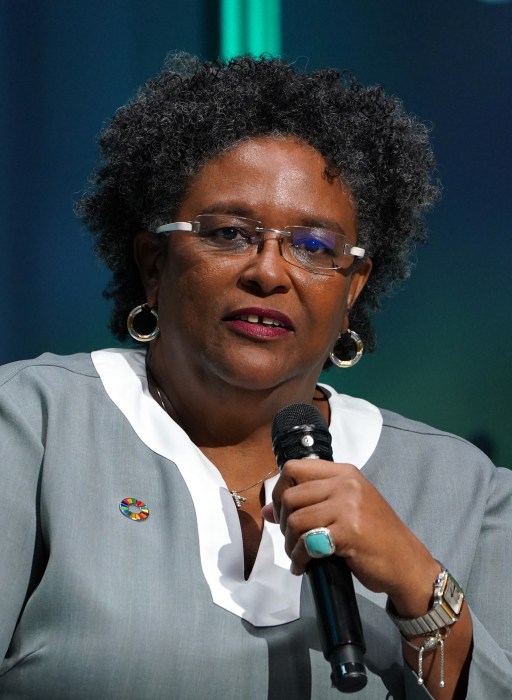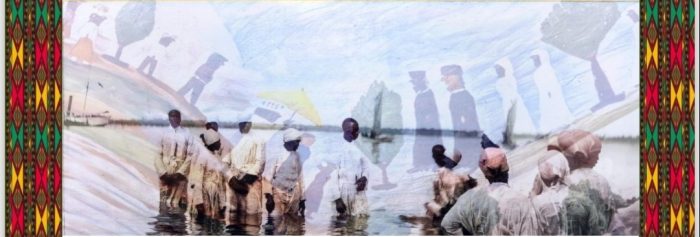From the court room to the classroom goes Haitian American Katherine V. Charles an award-winning attorney, mentor, community activist, public speaker, and board member.
Charles is also founder of Hope for Haiti, a relief project that transports medical supplies, clothes, and hygienic items to Haiti, and is the co-founder of Foundation Rivenordaise de New York en Action, an organization dedicated to reducing juvenile delinquency in her family’s hometown of Grande Riviere du Nord, Haiti.
She is immensely talented, influential, and has many educational accomplishments. Over the past decade and beyond, Charles has used her knowledge, achievements, and social hierarchy to inspire, uplift and transform her community, including transforming the lives of young Black boys and girls. She has served in the Black Students Union, Caribbean Students Association, New York Public Interest Research Group, and was a member of Jack and Jill of America, Incorporated (Rockland County Chapter). Moreover, she helped create a women’s empowerment non-profit where she mentors young girls in Harlem, New York, to help them reach their highest potential academically and socially.
When the devastating January 2010 earthquake took place in Haiti, Charles made a call-to-action throughout the New York City metropolitan region, gathering a group of activists to brainstorm ways to aid the country after the earthquake. Her initiative, Hope for Haiti Relief Project, organized a fundraising event called “From CUNY to Haiti, Let HOPE Ring,” held at The City College of New York’s Aronow Theatre. The event included 25 talented performers who showcased various artistic pieces and vendor tables of Haitian-based organizations that aided Haiti. Charles raised $5,000.00, which was used to provide food, shelter, and clothes to the survivors of the earthquake. She has a passion for change and is committed to assisting the people of Haiti.
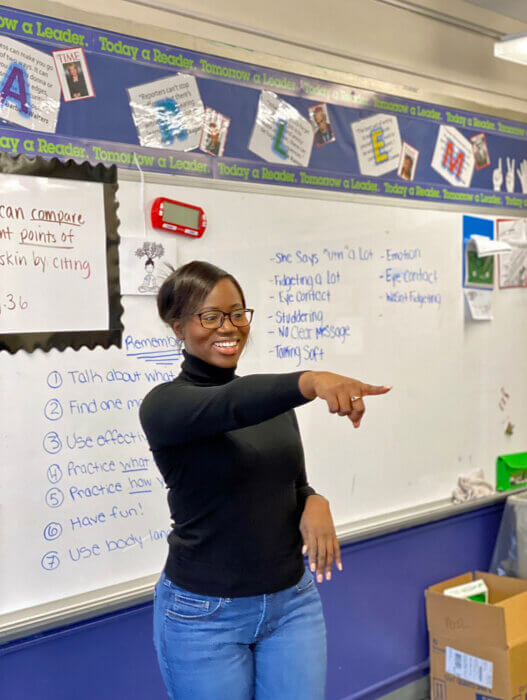
She further elaborates on the current political state of Haiti, which she defines as disheartening. “A country so rich in resources and culture is plagued with turmoil and in a constant state of disarray, corruption, kidnapping, murders, and bribery – it’s awful. I have every intention of visiting Haiti again under safer conditions. Nonetheless, it’s still very painful to read about and more painful to hear when tragedies hit close to home. Though, we are not giving up on Haiti. A myriad of changes must occur, but in the meantime, we are doing what we can, given the limitations and restrictions, for Haitians still residing and merely attempting to survive in the country,” she said.
Charles is a first-generation Haitian-American. Her mother moved to the United States from Grande Riviere du Nord, Haiti, during her early teenage years. Although, Ms. Charles was born in Rockland County, New York, about 30 minutes from Manhattan, she is extremely proud of her Haitian roots and culture. She attended private school through 8th grade, public school for high school, and The City College of New York (CUNY) for her bachelor’s degree. In continuing her education, Ms. Charles attended New England Law, Boston where she earned her law degree. She has been practicing law since 2015 and is approaching eight years this fall.
Since her inception into the legal field, she has worked on several criminal and civil cases and mentored young black youth who are vulnerable to gangs, gun violence, and crime. Charles serves on the Board of Trustee with the Center for Alternative Sentencing and Employment Services (CASES). She is the co-chair of Social Action Committee for Rockland County Alumnae Chapter of Delta Sigma Theta Sorority, Inc., and board member of the Haitian American Lawyers Association of New York (HALANY), where she provides social and legal aid to the Haitian community.
“It is a privilege and an honor to use my legal education to assist various communities, but aiding my beloved Haitian people has a different meaning. As a Haitian attorney, it is imperative for the youth to see someone who looks like them making changes in the community while simultaneously remaining true to themselves. My purpose is to serve in a greater capacity as an attorney.
”
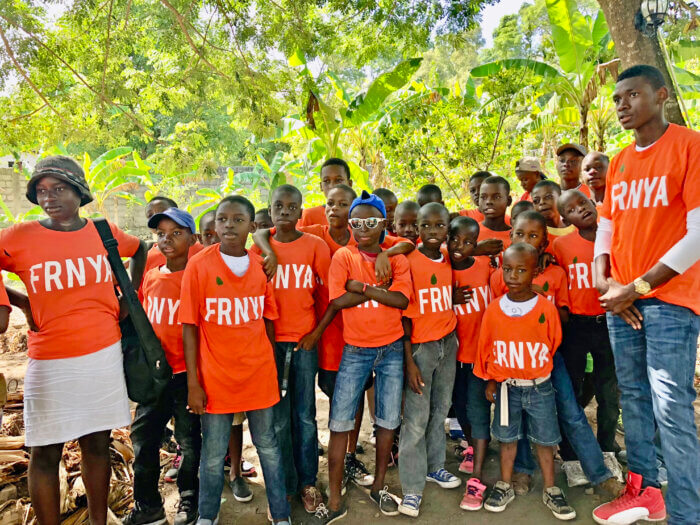
This passion to serve the community was inspired by my mother’s work ethic. As a single mother, she raised three successful daughters while providing an upper middle-class lifestyle. My grandmother’s unwavering faith and uncle’s successes are both significant and vast inspirations. My two sisters, Sandrine and Yrvane, also play a pivotal role in my daily walk. Notable Haitian attorneys, such as the late Midwin Charles and Nicole Lazarre, have shaped my life and the trajectory of my legal career immensely. Public figures, such as Shirley Chisholm, Michelle Obama, and Michelle Alexander have also motivated me to reach higher. My faith in God undoubtedly molded and continues to mold me into the person I am today and chose to be as my life progresses,” she said.
Talking about her experiences as a black attorney she states, “I am experiencing so many challenges. For instance, I do not receive the same respect as white male attorneys. Some colleagues fail to acknowledge that I am a woman and merely refer to me as ‘Charles,’ intentionally insinuating that Charles is my first name. Despite there being an influx of Black female attorneys in the field, it is still a “boys club.” There were many times I was mistaken for a paralegal or stenographer. The challenges women attorneys face in the legal field are astonishing. Nonetheless, my goal is to change the narrative of being an attorney and consistently and unapologetically showing up as my most authentic self. There’s too much work to be done to be intimidated or scared off. Operating from that mentality in conjunction with my faith combats the various stigmas and challenges women, especially black women, face in the legal industry.”
In her constant willingness to give back to her community, Charles served as the president of the Black Law Students Association (BLSA), and during her leadership tenure, she tutored high school students, volunteered at homeless shelters, and facilitated several events that invoked awareness surrounding mass incarceration and wrongful conviction of young black men. “Activism and criminal legal reform became an integral part of my life, propelling me to become an attorney to use my legal knowledge for advocacy and reform. When I was serving as president of the Black Law Students Association, I dedicated my time on the prison system, mass incarceration of African Americans, and the disassociation with the necessity for rehabilitation rather than punishment. I was cognizant that to make and implement the type of change I sought to see, I had to become part of the system, which led me to work as a prosecutor,” stated Katherine.
As a catalyst for change, Katherine is devoted to inspiring, motivating and challenging the status quo.





